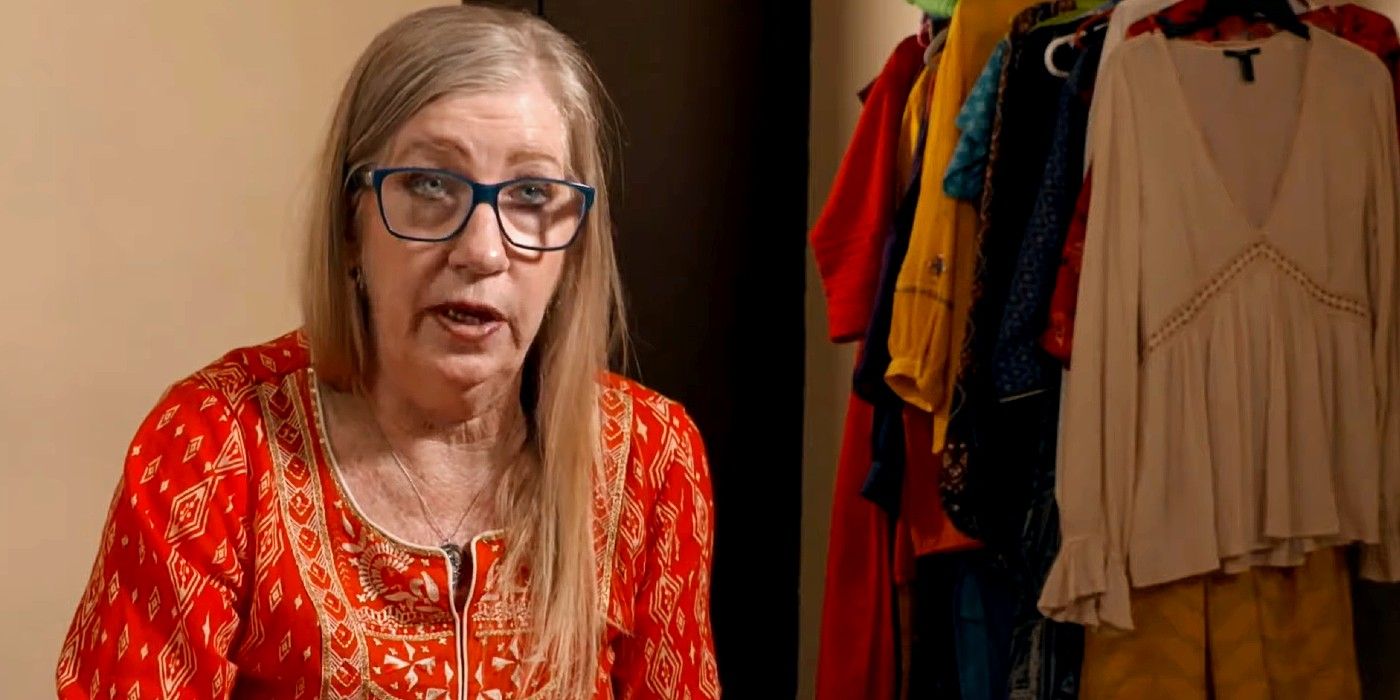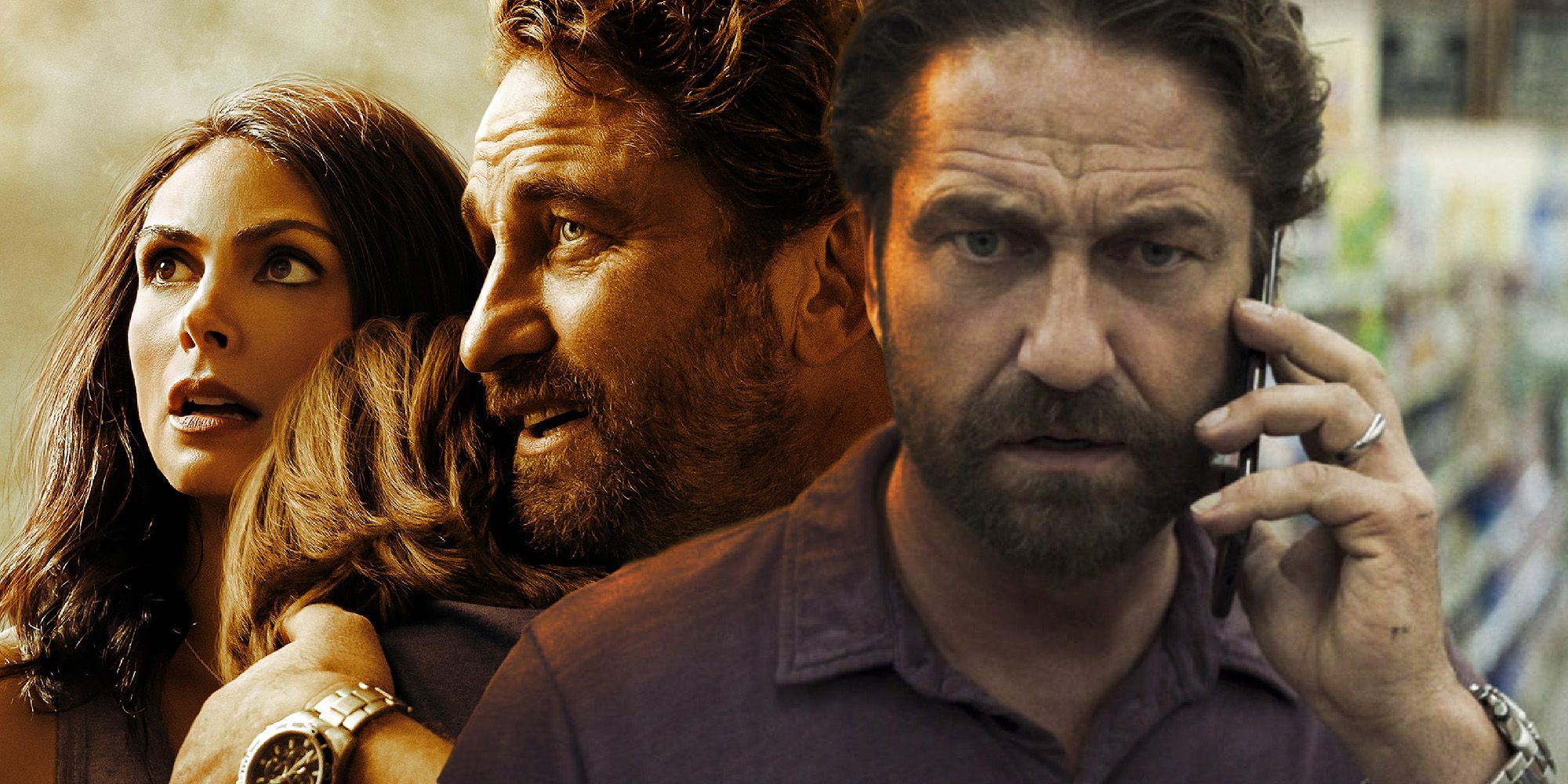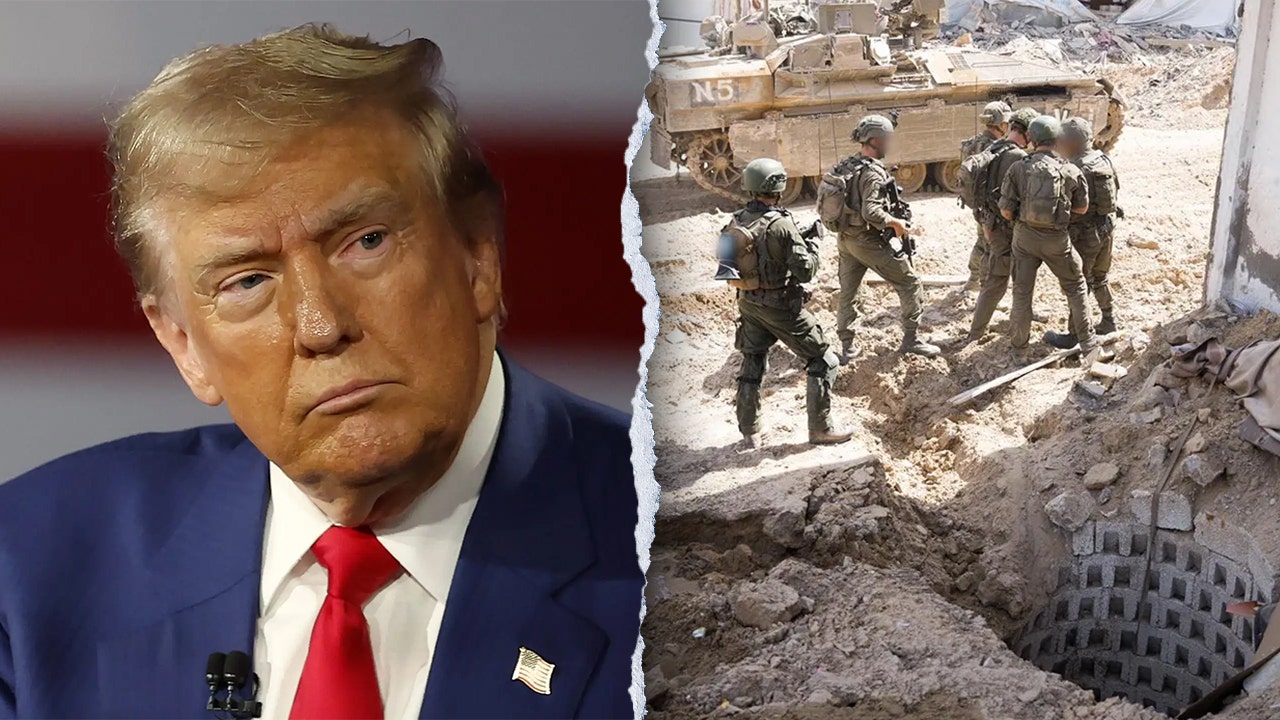Paris Memories, the English-language title of director Alice Winocour’s latest film, doesn’t quite do justice to the original title, nor to what this staid if emotionally poignant drama is trying to accomplish. In French the movie is called Revoir Paris, which translates to “Seeing Paris Again” and which here takes on multiple meanings: It describes the story of a woman, who, after surviving a terrorist attack, returns to the city and attempts to recall what happened to her; but it’s also about seeing a familiar place with fresh eyes, shifting perspectives in order to overcome trauma.
Winocour punctuates her film with several grandiose shots of Parisian streets and cityscapes, as if to remind us, and her lead character, the 40-something translator Mia (Virginie Efira), how gorgeous the city can look when you step back and see it from afar. But mostly, she immerses us in the shattered and obscured viewpoint of a woman who managed to escape a brutal assault on a restaurant in the center of town that left behind dozens of victims — a fictional event inspired by the Bataclan concert hall attack of November 2015, which the director’s own brother managed to survive.
Paris Memories
The Bottom Line
A quietly moving account of survival and resilience.
We experience the terrifying incident alongside Mia during the film’s suspenseful opening reel, all the way up to the moment where shots are fired and she blacks out. When Mia arrives back in Paris several months later, reconnecting with her surgeon boyfriend, Vincent (Grégoire Colin), who skipped out before the attack happened, she only has a partial memory of what occurred. The rest of the script (written by Winocour in collaboration with Marcia Romano and Jean-Stéphane Bron) shows her trying to piece events together — a process that will hopefully help her to move on.
Paris Memories is a mystery movie, with Mia, like Guy Pearce’s character in Memento, following various leads and fractured memories to get to the truth. It’s also a story of emotional renewal, chronicling the phases of recovery that follow in the wake of a major catastrophe, with all the ups and downs that entails. Winocour’s handling can be a bit too on-the-nose in places, such as when she has dead people come back to haunt Mia on the street or in the metro, which is something we’ve seen a few too many times in Hollywood. Also, she has Efira play a woman so bludgeoned by trauma that her performance can feel too circumspect in places, too purposely contained.
But these elements slowly build toward a gut-punch of a finale, which, without giving it away, involves Mia making an essential human connection that brings her, at least on an emotional level, back to life. Before that happens, she spends a lot of time with other survivors in a support group that meets regularly at the restaurant where the attack happened. Among the characters she encounters are a teenage girl (Nastya Golubeva Carax, daughter of Leos Carax) who lost both of her parents and a banker, Thomas (Benoît Magimel), who lost several friends and sustained a major leg injury.
The best parts of Paris Memories focus on the strange, burgeoning romance between Mia and Thomas, which takes place in hospital rooms, support meetings and other locations that are not the most romantic ones the City of Light has to offer. Theirs is more of an anti-romance about two people whose wounds bring them together — an idea that doesn’t feel entirely original, but that benefits from Magimel’s lived-in, laid-back performance, which serves as a contrast to Mia’s stiff, self-preserving stoicism.
In his recent work, Magimel has become something like the French Nick Nolte: He’s all sly, downbeat gruffness, as if he’s been through the wringer and is somehow still with us, happy to keep making movies. He adds a welcome dose of humor to both Mia’s life and the film itself, opening things up toward warmer horizons. The scene where the two sneak into a wedding and Thomas starts dancing around with his crutches says perhaps more about the characters’ states of mind than anything else, underlining the existential absurdity of surviving a massacre that killed so many.
Winocour’s superb previous film, Proxima, dealt with a female astronaut caught between her desire to lift into orbit and the family ties grounding her on Earth. By design, the heroine of that movie was a much more active character than Mia, who’s been blindsided by an event that often leaves her speechless, staring into the void of her own foggy recollections. That can make for a drama that doesn’t really pop until the very end, but one that provides a soulful look at learning how to live with trauma. After all Mia goes through, the solution essentially boils down to one idea: You are not alone.



























































